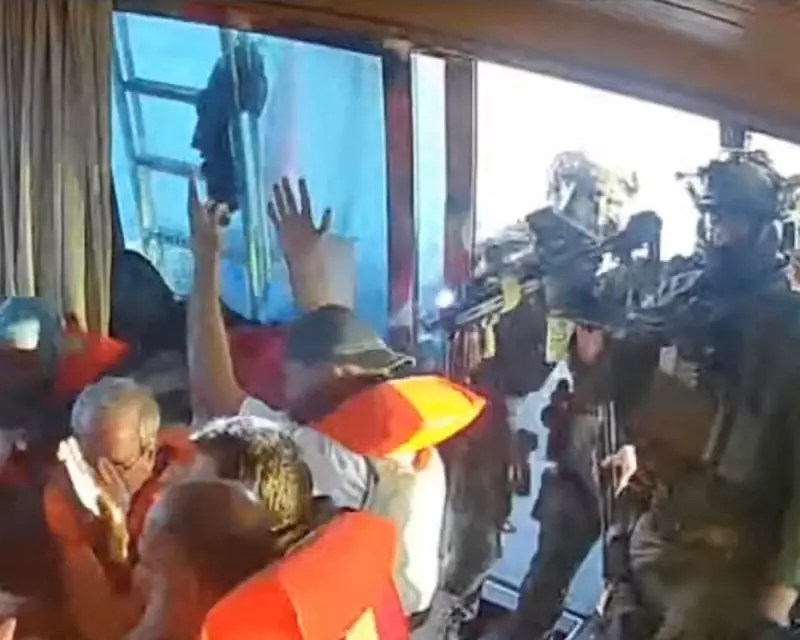
In a dramatic maritime confrontation, Israeli naval forces have intercepted an international aid flotilla attempting to break the long-standing blockade of Gaza. The convoy, which included prominent climate activist Greta Thunberg, was stopped approximately 100 nautical miles from the Palestinian coast.
The Mission and Its Participants
The aid mission comprised multiple vessels carrying humanitarian supplies and international activists determined to draw attention to what they describe as a "catastrophic humanitarian situation" in Gaza. Organisers confirmed that Thunberg had joined the effort, bringing global attention to the controversial maritime protest.
Key objectives of the flotilla included:
- Delivering essential medical supplies and food aid
- Challenging the Israeli-Egyptian blockade of Gaza
- Highlighting the ongoing humanitarian crisis
- Promoting international awareness and intervention
The Interception at Sea
According to Israeli military sources, the interception was conducted peacefully after repeated warnings to the vessels to change course. The Israel Defense Forces stated they had "no choice" but to prevent the breach of what they consider a necessary security blockade.
Witness accounts from activists aboard the ships describe a tense standoff, with Israeli naval vessels surrounding the convoy and establishing a security perimeter around the aid ships.
Historical Context and Current Tensions
This incident echoes previous attempts to break the Gaza blockade, most notably the 2010 Mavi Marmara incident that resulted in the deaths of nine activists. However, initial reports suggest this interception was conducted without casualties.
The timing is particularly sensitive given the ongoing conflict in the region and increasing international pressure regarding humanitarian access to Gaza. Thunberg's involvement adds a significant celebrity and environmental activist dimension to the long-standing political issue.
International Reaction and Next Steps
World leaders and humanitarian organisations are monitoring the situation closely. The United Nations has repeatedly called for improved humanitarian access to Gaza, while maintaining a delicate diplomatic balance in the region.
As the situation develops, questions remain about the fate of the activists and whether this high-profile interception will lead to renewed international efforts to address the Gaza blockade through diplomatic channels.
The involvement of such a prominent global figure as Greta Thunberg ensures this incident will receive widespread media coverage and likely spark renewed debate about the humanitarian situation in Gaza and the legality of naval blockades in international waters.






